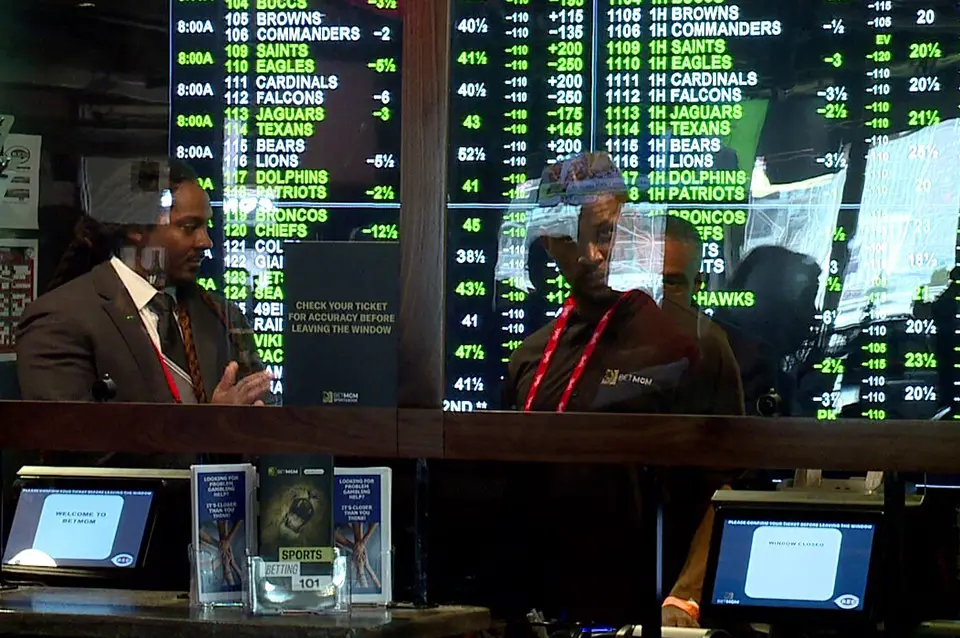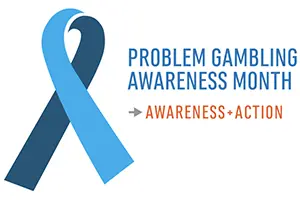 November 3, 2023, is a significant date in Maine sports betting history, marked by the official launch of the industry. As legalized sports betting sweeps the nation, gambling experts share their concerns over a surge in the number of people seeking professional help.
November 3, 2023, is a significant date in Maine sports betting history, marked by the official launch of the industry. As legalized sports betting sweeps the nation, gambling experts share their concerns over a surge in the number of people seeking professional help.
While the legalized sports betting sector is expected to generate fresh revenue for the state, gambling counselors do not hide their apprehensions about escalation in gamblers struggling with addiction.
Lori Manson, Problem Gambling Services Coordinator at AdCare Educational Institute of Maine, commented on the subject, stating that sports betting was considered one of the forms of gambling that tended to cause addiction more easily.
AdCare Maine is a non-profit agency that is responsible for the state’s problem gambling helpline. Lori Manson added that as sports betting has become easily accessible, people could place a wager along with various other activities, regardless of time and place.
Consequently, a spike in the number of gamblers seeking professional help was to be expected, according to the problem gambling services coordinator. However, Manson said that she had spoken to a single person struggling with gambling addiction so far. Judging by the course of events in other states that have legalized sports betting earlier than Maine, the expert said that the increased need for gambling addiction treatment was just a matter of time.
Not being afraid to reach out for help and realizing the toll gambling takes on one’s life were essential in overcoming gambling addiction, as Manson explained.
AdCare Maine Promotes Gambling Addiction Awareness Through Articles, Meetings, and Podcasts
 Lori Manson has published an informative piece on problem gambling ahead of sports betting’s launch in Maine, which can be found on the official web page of the agency. She openly speaks about the “Invisible Addiction” associated with sports betting, as it has become available to Mainers 24/7 through their mobile phones.
Lori Manson has published an informative piece on problem gambling ahead of sports betting’s launch in Maine, which can be found on the official web page of the agency. She openly speaks about the “Invisible Addiction” associated with sports betting, as it has become available to Mainers 24/7 through their mobile phones.
She explained that while sports betting was newly legalized, the services of AdCare Maine were already in place, as the organization was already dealing with gambling problems associated with casinos, lotteries, and illegal betting sites.
The problem gambling services coordinator also drew attention to the responsible gambling tools that legal operators were required to offer such as time and betting limits, as well as cooling-off periods and self-exclusion options. She also provided a list of other resources that could be helpful to individuals struggling with gambling addiction, including bet-blocking software, meetings, podcasts, private social media groups, and free downloadable workbooks.
According to preliminary estimates, sports betting is expected to generate between $3.8 million and $6.9 million in revenue for the state. Maine sportsbook operators are taxed at a rate of 10% of their adjusted gross revenue. Unlike other states, where tax revenue is directed to one fund or organization, Maine’s proceeds will be distributed across several units.
The Gambling Addiction Prevention and Treatment Fund receives 1% of the tax revenue. The same portion goes to the state’s Gambling Control Unit. The remaining 8% will be shared by the State Harness Racing Commission, the Sire Stakes Fund, the Agricultural Fair Promotion Fund, and the state’s General Fund.